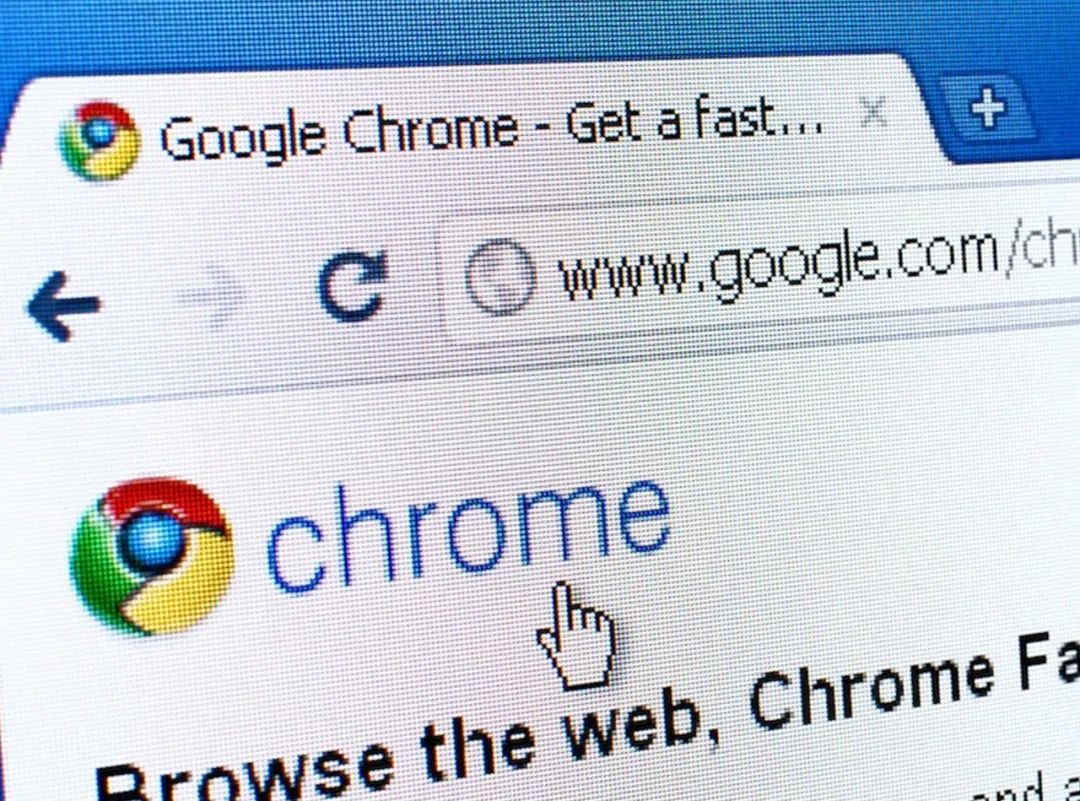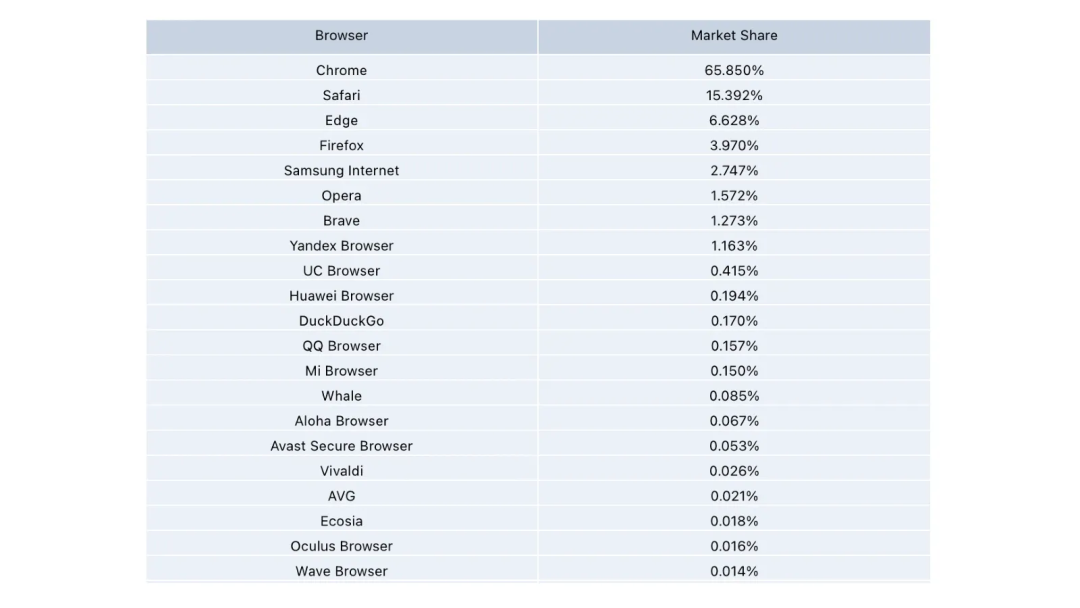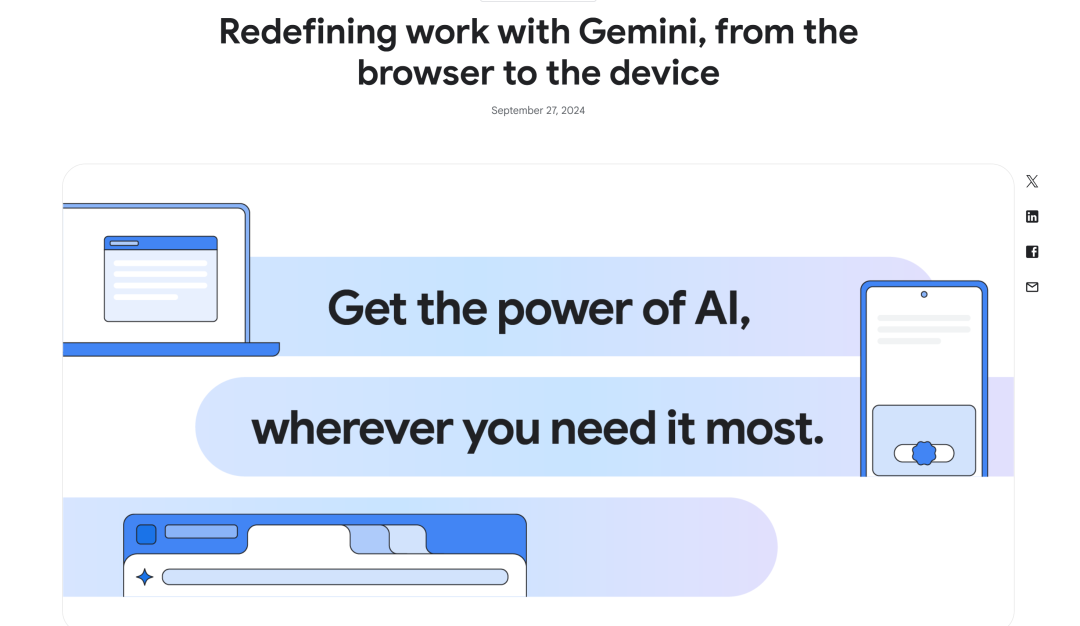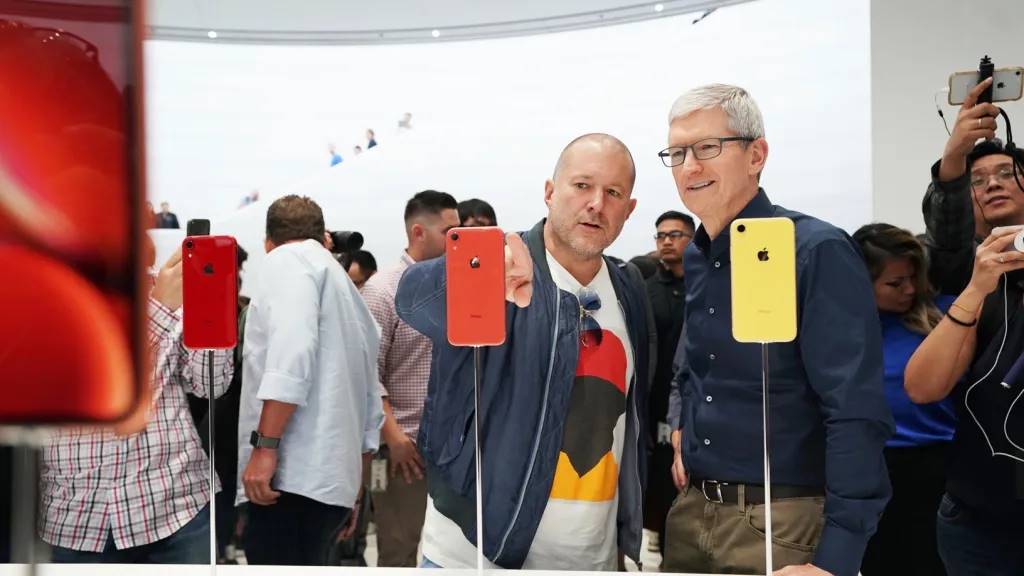"Antitrust" is a facade; the true intention of OpenAI is to quickly acquire a ready-made massive user base.

As the antitrust hammer continues to strike Google, demanding the divestiture of Chrome, OpenAI has eagerly expressed its desire to "take over."
In the early hours of April 23, Beijing time, one of the witnesses invited by the U.S. Department of Justice regarding the trial on whether to require Google to split Chrome was Nick Turley, the product head of OpenAI's ChatGPT.
Turley revealed that if Google is ultimately forced to divest or sell Chrome, OpenAI will participate in the bidding.
When asked if OpenAI is eager to acquire Chrome, his answer was unequivocal: "Yes, we want it, and many others in the industry do too."
He even began sketching out a blueprint on the spot, imagining the scenario after OpenAI "takes over" Chrome: Turley mentioned envisioning an "AI-first" browser experience, which would not only include ChatGPT's capabilities but also feature AI Agents completing tasks on behalf of users.
Considering that OpenAI has also been a frequent subject of investigation by antitrust agencies in various countries over the past two years, it seems OpenAI does not have particularly strong reasons to stand in opposition to Google during antitrust investigations. Therefore, OpenAI's clear stance in support of splitting Google, especially regarding Chrome, which holds a significant share of the user browser market, indeed reveals its true intentions.
Why is OpenAI so eager to acquire Chrome? If the acquisition is successful, what impact would it have on the entire AI industry?
01
A snake swallowing an elephant, for 3 billion users!
According to official data from OpenAI, as of December 2024, ChatGPT has 300 million weekly active users. In 2024, the number of Chrome browser users is:
3.45 billion.
OpenAI is targeting the next era, aiming for an "entry" opportunity to elevate its user count to the next level.
Although this is the first time U.S. antitrust agencies have discussed the possibility of splitting Chrome, it is not OpenAI's first display of strong interest in the browser field.
As early as last November, rumors circulated that OpenAI was developing a browser codenamed "NLWeb," described as a "web browser integrated with ChatGPT," with natural language search functionality likely being a key feature, aimed at improving user experience through conversational interaction.
This news is not unfounded. According to The Information, OpenAI has hired two developers who played significant roles in the Google Chrome project—Ben Goodger and Darin Fisher—to support this potential project.
OpenAI hopes to provide websites with a smarter, more intuitive search experience through ChatGPT and SearchGPT. Users can receive more precise recommendations through conversational queries (e.g., "find a family-friendly hotel" or "recommend food activities in New York") rather than relying solely on traditional keyword searches.
While investigations like "Google splitting Chrome" are generally quite complex, and Google will almost certainly appeal any ruling, it may take years for the entire matter to settle. However, the eagerness to buy Chrome from Google aligns with the external perception of OpenAI's recent series of actions: OpenAI aims to acquire quality assets in the industry through direct acquisitions—these assets can be products, technologies, or ecological collaborations.
As a field where the "rich get richer" effect is most pronounced, the concerns of antitrust agencies worldwide regarding Chrome are not without reason.
According to data from global CDN giant Cloudflare's report released in March 2024, the latest global market share data for Chrome is 65.85%, which is 1.93 times the combined market share of all other mainstream browsers.

2024 browser market share data | Source: Cloudflare
Previously, when antitrust agencies accused Chrome, the main focus was actually on concerns that Google was using it to "consolidate its monopoly position in the search engine field." There was little focus on the platform itself; Chrome's twin brother—the open-source browser kernel Chromium project, led by Google—remains the technical platform for many super browser products, including Microsoft Edge and Dia.
02
The rejected Google, the fervent OpenAI
As the most watched player in the era of AI tools, OpenAI's desire for the "king of browsers," Chrome, clearly indicates that its intentions go beyond the browser itself. OpenAI executive Nick Turley publicly stated that OpenAI contacted Google last year to discuss potential collaborations, hoping to integrate ChatGPT more deeply into Chrome while using Google's search technology to optimize returned results.
According to previous reports by Bloomberg, there were "significant quality issues" in OpenAI's collaboration with the current "number one supplier" of search technology. Although the article did not directly specify which company this was, ChatGPT primarily uses Microsoft's Bing as its information search engine.
However, it is evident that Google, which also has the Gemini ecosystem, is unwilling to let OpenAI "move in" to Chrome. Google even believes that OpenAI poses a significant threat to Gemini, to the extent that it would refuse normal business cooperation, completely cutting off OpenAI's opportunity to gain advantages over Gemini through Google's search engine API.
As a result, Google ultimately rejected OpenAI's collaboration request, and Nick Turley admitted during the hearing:
"(OpenAI) currently has no collaboration relationship with Google."
For OpenAI, the search engine may not be the most challenging aspect; how to quickly acquire a massive number of quality users is even more crucial, especially as OpenAI faces a bottleneck in user growth.
This may be the reason why OpenAI is willing to stab Google in the back at this critical moment of the antitrust investigation.
Antitrust is a facade; the true intention of OpenAI is to quickly acquire a ready-made massive user base.
In fact, in Google's vision, the Chrome ecosystem is indeed a crucial part of building Google's AI strategy "moat"; especially with the emergence of related products like Perplexity and Dia browsers, as well as AI Agent scenarios like Computer Use and Manus, the browser is an indispensable important usage scenario.

Chrome is an important part of the Gemini application ecosystem | Image source: Google
In addition to the browser, OpenAI does not hide its ambition to compete with Google across the ecosystem; it not only plans to integrate ChatGPT into Samsung's Galaxy smartphones but also aims to accelerate its transformation in the hardware field by establishing a consumer hardware department and acquiring AI hardware startup io Products, founded by former Apple design chief Jony Ive in 2024.

Former Apple hardware design mastermind Jony Ive is collaborating with OpenAI to create hardware | Image source: Apple
OpenAI's desire for Chrome, on the surface, is a competition in the browser market, but in reality, it seeks the final piece of the puzzle for an ecological closed loop in the AI Agent era; in this process, whether for Google or other players looking to experiment with AI browsers, how to convert Chrome's massive user base into stable users for their own AI browser products is an important question that must be considered.
From the development of NLWeb to collaborations with Samsung and io Products, OpenAI is accelerating the construction of a vast ecosystem centered around AI through a combination of software and hardware.
And issuing a "purchase invitation" to Chrome in advance is not only a shortcut for OpenAI to double its user scale but also a way to demonstrate OpenAI's determination to bet on the browser in the upcoming competition of AI Agent browsers.
免责声明:本文章仅代表作者个人观点,不代表本平台的立场和观点。本文章仅供信息分享,不构成对任何人的任何投资建议。用户与作者之间的任何争议,与本平台无关。如网页中刊载的文章或图片涉及侵权,请提供相关的权利证明和身份证明发送邮件到support@aicoin.com,本平台相关工作人员将会进行核查。




